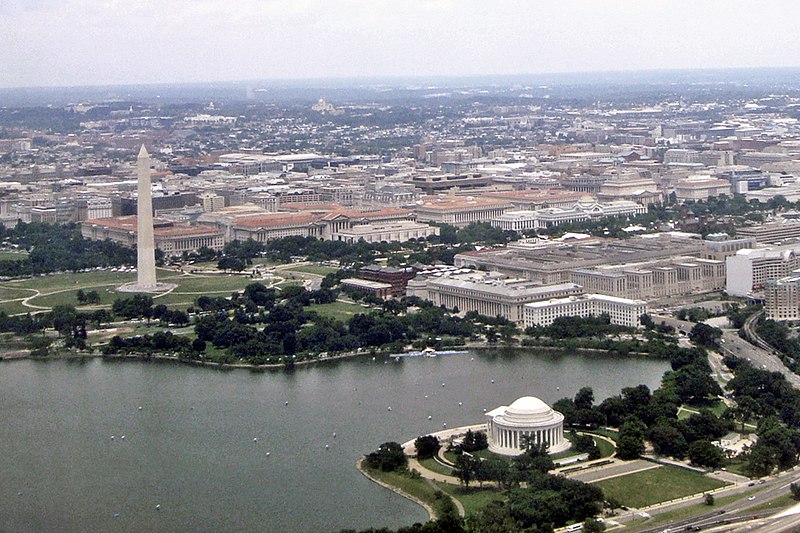
In a last minute scramble, the Washington, D.C. City Council dropped its misguided plans to assess sales tax on advertising purchases. Had Council Chairman Phil Mendelson’s plan been approved, businesses throughout the nation’s capital would’ve been hit with a 3 percent sales tax on a critical business input at a time when many employers are struggling to stay afloat.
The advertising tax was originally proposed as part of larger budget negotiations. As such, it never got a proper hearing and those who would have been harmed never had a chance to object. Aside from the opaque and hasty manner in which this misguided tax hike initially advanced, the now-aborted advertising tax was a terrible policy.
Advertising costs are an ordinary and necessary business expense, along with payroll and rent. As such, advertising costs are and should be deductible for income tax purposes and should also be exempt from state and local sale tax.
Taxation of business inputs like advertising, be that through the assessment of sales tax or another form of taxation, results in cascading, snowballing, and hidden additional costs for the ultimate consumer. This phenomenon is known as “tax pyramiding,” as a new tax is levied at each level of production, yielding higher and less transparent costs for the end consumer.
D.C. councilmembers aren’t the only politicians who have recently sought to raise taxes on advertising. Maryland state legislators approved a special tax on digital advertising, a levy widely viewed a clear violation of the Internet Tax Freedom Act, back in March. Governor Larry Hogan (R) smartly vetoed that tax hike last month, helping Maryland businesses avoid a costly tax hike in the middle of a recession on a crucial business input. Hogan’s veto also helped Maryland taxpayers avoid the cost of the legal suit that was sure to follow the enactment of any digital ad tax.
The good news is that the proposal is dead. The D.C. Council approved the $16.2 billion budget on Thursday, opting to trim spending by $18 million and use accounting maneuvers to make up revenue forgone by dropping the advertising tax. Consumers and business in D.C. dodged a bullet on this one.

